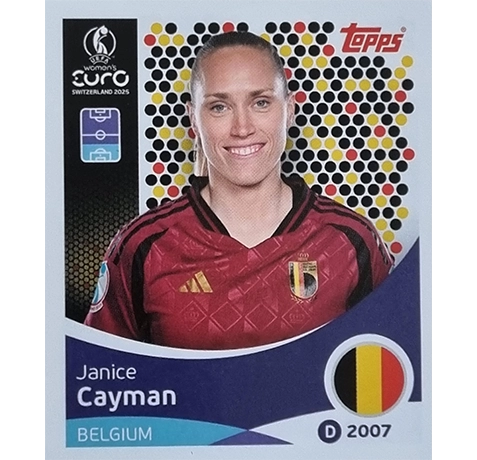Understanding the Role of UEFA in European Football

Introduction to UEFA
The Union of European Football Associations, commonly referred to as UEFA, stands as the governing body for football in Europe. Established in 1954, UEFA plays a crucial role in managing national and club competitions across the continent, including the prestigious UEFA Champions League and the UEFA European Championship. With a membership of 55 national associations, UEFA’s influence extends far beyond the pitch, shaping the landscape of European football and impacting millions of fans worldwide.
Significant Events and Competitions
One of UEFA’s most notable contributions is the organization of the UEFA Champions League, which showcases the elite clubs from Europe competing for the title of the best in Europe. The tournament’s knockout format and high-stakes matches have ensured it remains one of the most-watched sporting events globally. In recent seasons, clubs like Chelsea, Manchester City, and Real Madrid have vied for the coveted trophy, highlighting the fierce competition and investment in top-level football.
In addition to the Champions League, UEFA also oversees the UEFA European Championship, held every four years, where national teams compete for glory. The next edition, Euro 2024, set to take place in Germany, promises to be a showcase of talent and national pride as teams including France, Italy, and defending champions Italy vie for the championship.
Impact on Football Development
UEFA’s responsibilities extend beyond the organization of competitions; it is also heavily involved in the development of football across Europe. Through various programs, UEFA invests in grassroots initiatives, coaching education, and infrastructure improvements to enhance the standard of football at all levels. The UEFA Coaching Convention and financial support programs aim to foster talent from youth academies to professional levels.
Conclusion: The Future of UEFA
As UEFA continues to adapt to the evolving nature of football, its decisions will have lasting implications for both clubs and fans. The balance between maintaining competitive integrity and managing commercial interests is pivotal in ensuring the sustainability of football in Europe. Moving forward, UEFA is expected to enhance its focus on inclusivity, sustainability, and technology integration in football, ensuring the sport’s growth in an era marked by significant change.
The ongoing reforms and innovations by UEFA will ultimately shape the future of European football, making it compelling for enthusiasts to stay informed and engaged with the governing body’s activities.

